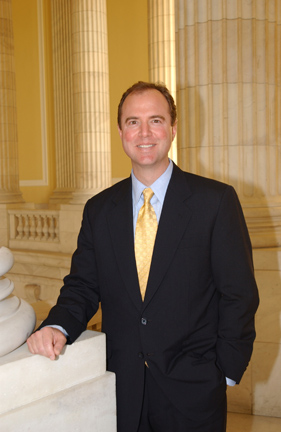What We Need to Know to Slow the Spread
This year has been long and difficult for all of us. More than 300,000 Americans have died from the worst pandemic in a century, and all of us have faced hardships and difficulties, large and small, as we seek to protect ourselves and one another. Thankfully, there is light at the end of the tunnel. Two highly effective vaccines have been approved, and more may be coming with vaccinations for healthcare workers and high risk populations beginning this month.
The speed with which a safe and effective vaccine has been developed, tested, produced and distributed is a testament to the power of science. We all owe an immense debt of gratitude to the scientists and researchers who worked around the clock – and volunteers who participated in vaccine trials – to make this possible.
But we’re not out of the woods yet. Not by a long shot. We won’t fully beat this virus until a large proportion of the population is vaccinated. The economic crisis we face is the other side of the coin of the public health crisis, and we will not restore our economy until we beat back this virus. That’s going to take time.
As the coronavirus crisis stretches into its 10th month, new cases, hospitalizations and, tragically, deaths are at an all-time high in Southern California. Hospitals across the country have already reached or are at serious risk of reaching capacity, and here we literally have no ICU beds left. But we are not powerless. We can – and must – step up our efforts to slow the spread until a vaccine is widely available.
It’s time to redouble our commitment to one of the most effective and cheap interventions we have – masks. Simply put, masks work. Masks save lives. Study after study has found that high rates of mask adoption slow the transmission of the virus and countries where mask-wearing is universal have been far more successful than the United States in preventing infection. I’ve introduced legislation to send a free cloth facemask to every American who requests one, and to fund a public service announcement campaign and further research into mask efficacy. And it’s why I continue to believe that wearing a mask is a patriotic act, a way to show that you care about the lives of those around you.
We have to continue to physically distance, too – the other most effective tool in our arsenal to fight this virus. Researchers from the Global Policy Lab at UC Berkeley found that, in the United States, restrictions put in place in March prevented millions of expected cases. These early-stage actions slowed the spread of the virus before and we know they can do it again. Governor Newsom made the difficult, but correct, decision based on the advice of public health experts to restrict indoor activity and limit gatherings, the places where the virus spreads most easily.
The holidays are going to look a little different this year. Instead of gathering around the Christmas tree or menorah, families are going to gather around their iPads to Zoom with family and friends from around the country. I know that I am. Ultimately, it’s up to all of us to slow the spread by staying home as much as possible, limiting nonessential travel, and not gathering with those outside our immediate households. Make no mistake – our success or failure this winter will be measured in tens of thousands of lives saved or, unfortunately, lost.
There may be temptation to let our guard down with widespread vaccinations around the corner. But we cannot. Thousands of people are dying each and every day. And while our community cannot control the rollout of the vaccine, we can control the spread of the virus in the meantime.
It’s been a long year. We’ve all given up so much and many have lost even more. To ensure those sacrifices have not been in vain we must continue to persevere to slow the spread and protect our loved ones. We can do this, but we have to look out for one another.
Rep. Adam Schiff (D-Burbank) represents California’s 28th Congressional District in the U.S. House of Representatives.

